Category Archives: Conferences
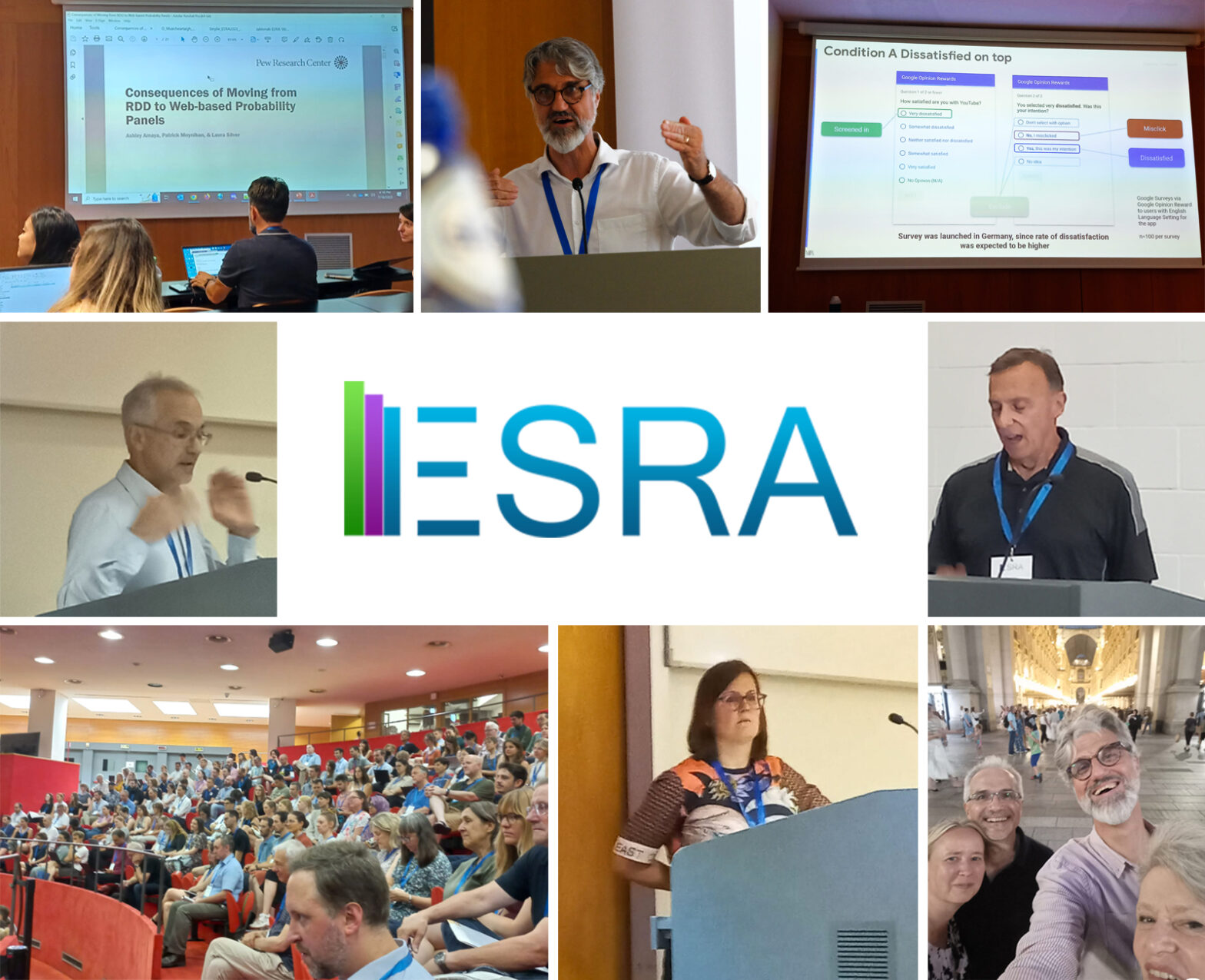
cApStAn LQC Founding Partner Steve Dept and cApStAn Inc Managing Director Musab Hayatli at ESRA Conference in July
cApStAn Founding Partner Steve Dept, from the company’s headquarters in Belgium, and Musab Hayatli, Managing Director of cApStAn Inc, USA are just back from the Biennial ESRA Conference in Milan (July 17-21, 2023) where they were both presenters. As Steve comments: “An impressive conference venue on the Bicocca university campus, insightful sessions, great connections made. …
Read More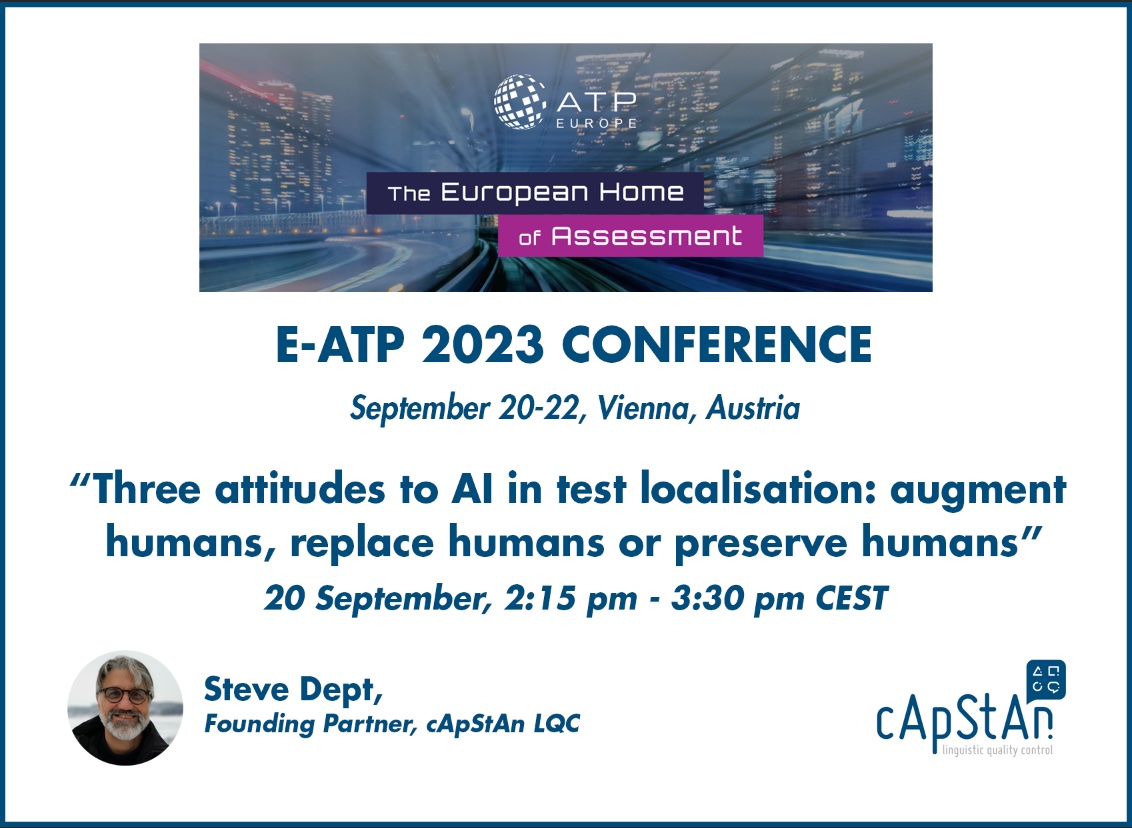
AI in Test Localisation: Augment, Replace, or Preserve Humans? Steve Dept at E-ATP 2023 Conference in Vienna, September 20
The 2023 edition of the European Chapter of the Association of Test Publishers (E-ATP) annual conference is taking place in Vienna, Austria, on September 20-22. We at cApStAn are delighted that our Founding Partner Steve Dept has been invited to present during one of the sessions on September 20 at 14:15. His presentation is titled …
Read More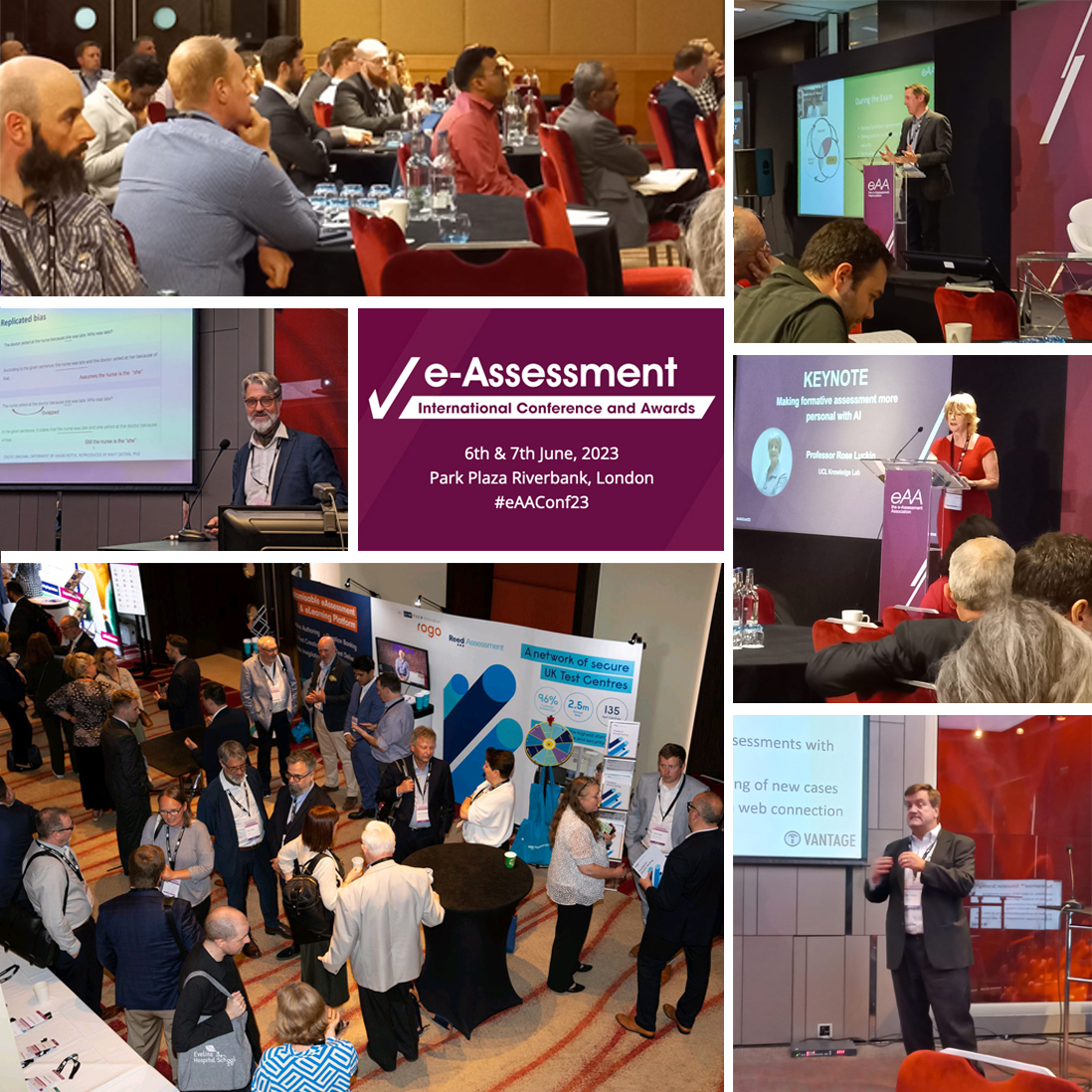
Reflections from the e-Assessment Association (eAA) Conference: Insights, Connections, and New Perspectives
The 2023 edition of the e-Assessment Association Conference, which took place in London, June 6-7, offered valuable insights, connections, and fresh perspectives to industry professionals, encouraging collaboration and knowledge exchange. It covered a broad range of topics, including language bias in AI and inclusive assessment practices, exam security enhancements, innovative test design, guidelines for validity …
Read More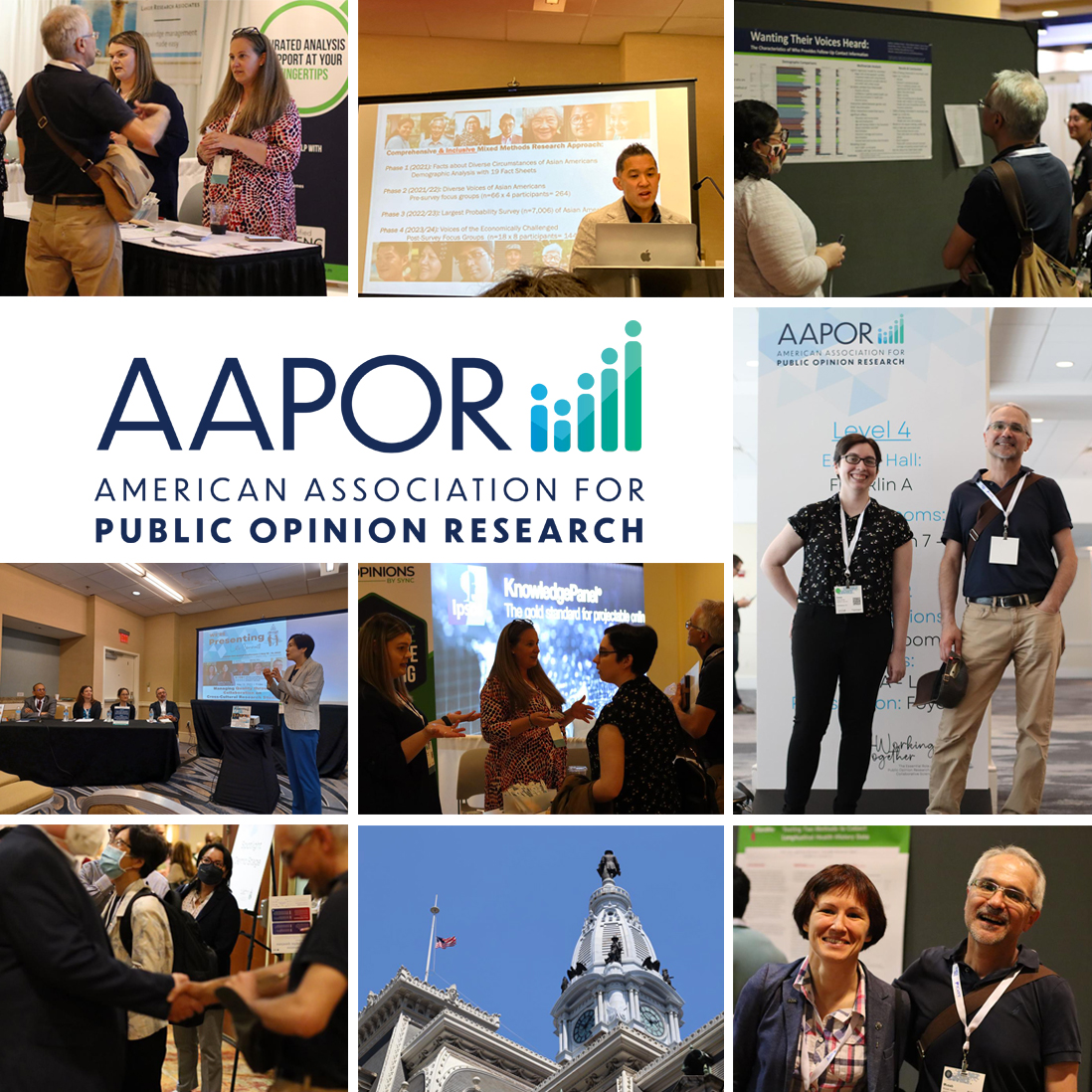
cApStAn LQC team attends 78th AAPOR conference in Philadelphia
cApStAn team members Grace DeLee and Musab Hayatli joined survey and public opinion researchers in attending the 78th conference of AAPOR, the leading association of public opinion and survey research professionals, which took place in Philadelphia, from May 10th to May 12th. The conference provided a unique opportunity for Grace and Musab to exchange ideas …
“cApStAn LQC team attends 78th AAPOR conference in Philadelphia”
Read More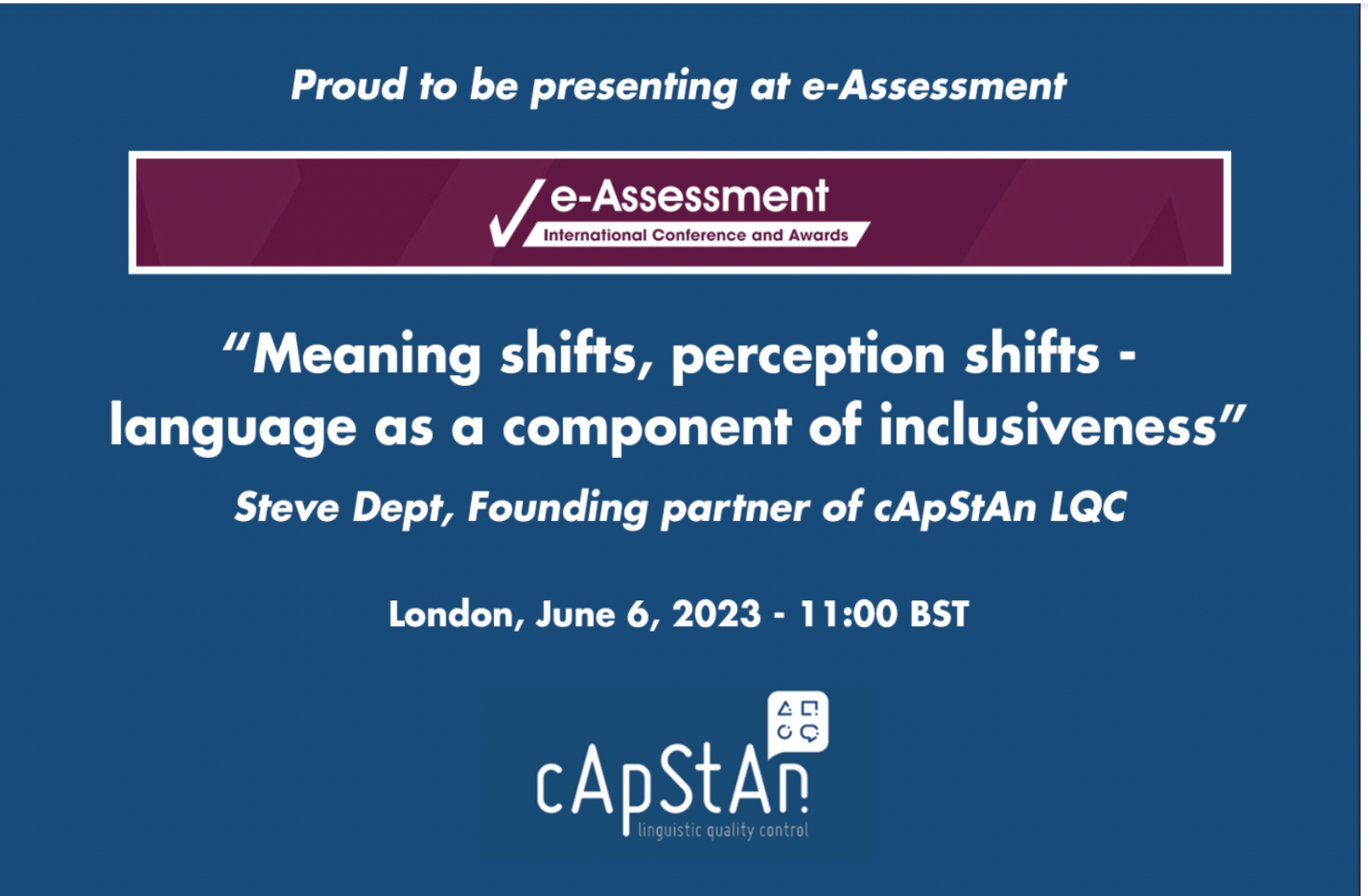
cApStAn Founding Partner Steve Dept presenting at e-Assessment 2023 on how to mitigate bias in multilingual and monolingual assessments
cApStAn co-founder Steve Dept is delighted to have been invited to be a speaker at the International e-Assessment and Awards conference taking place in London June 6-7, 2023. His talk, titled “Meaning shifts, perception shifts – language as a component of inclusiveness”, is scheduled for Day 1 at 11:00 BST. In multilingual or in monolingual …
Read More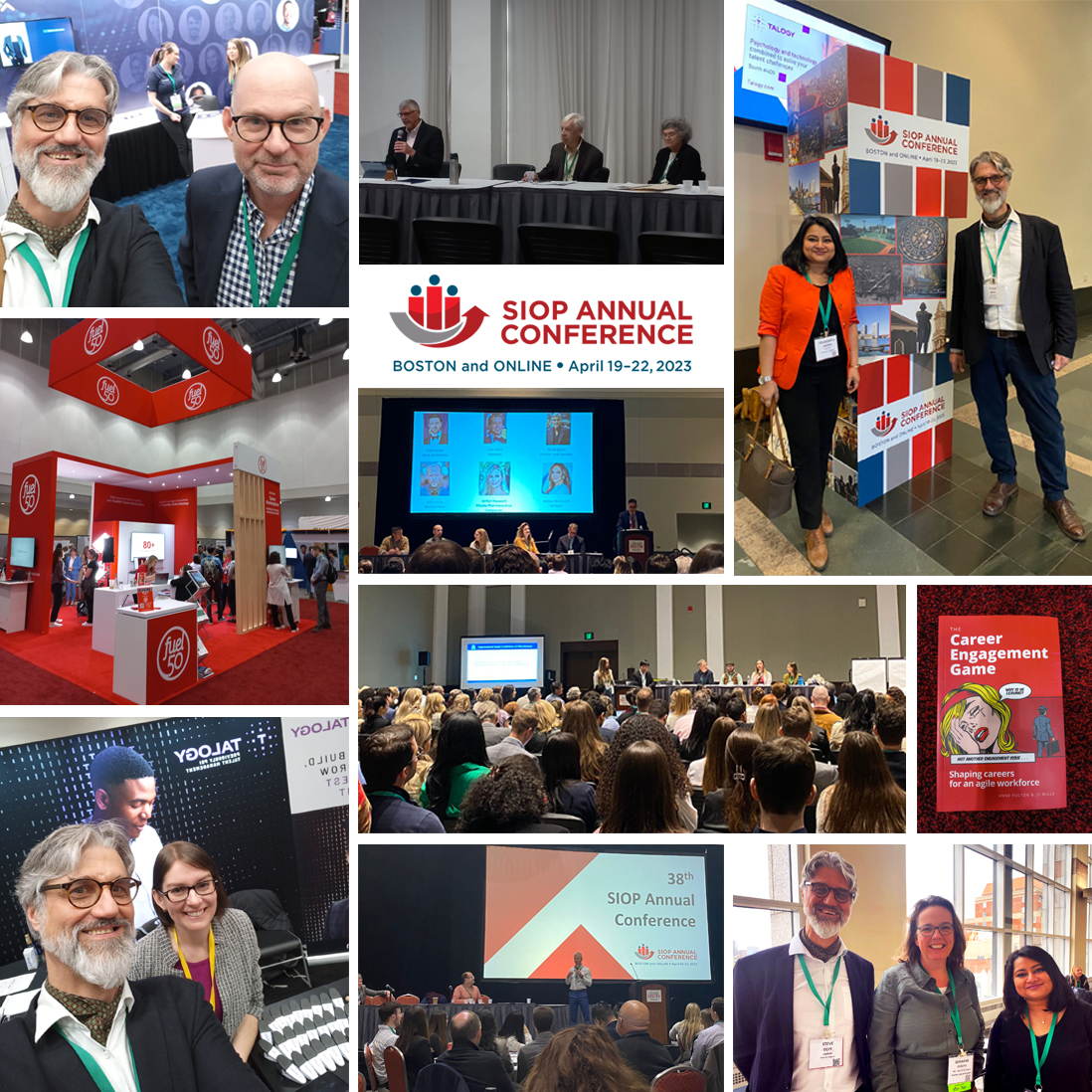
cApStAn team just back from the Society for Industrial and Organizational Psychology (SIOP) conference 2023 in Boston
Steve Dept, Founding Partner, and Devasmita Ghosh, Business Development Lead at cApStAn Linguistic Quality Control, are just back from Boston, USA, where they attended the Society for Industrial and Organizational Psychology (SIOP) conference 2023. This was an intense event packed with thought-provoking content. We see a shift from elation about the promises of AI and Large Language Models towards …
Read More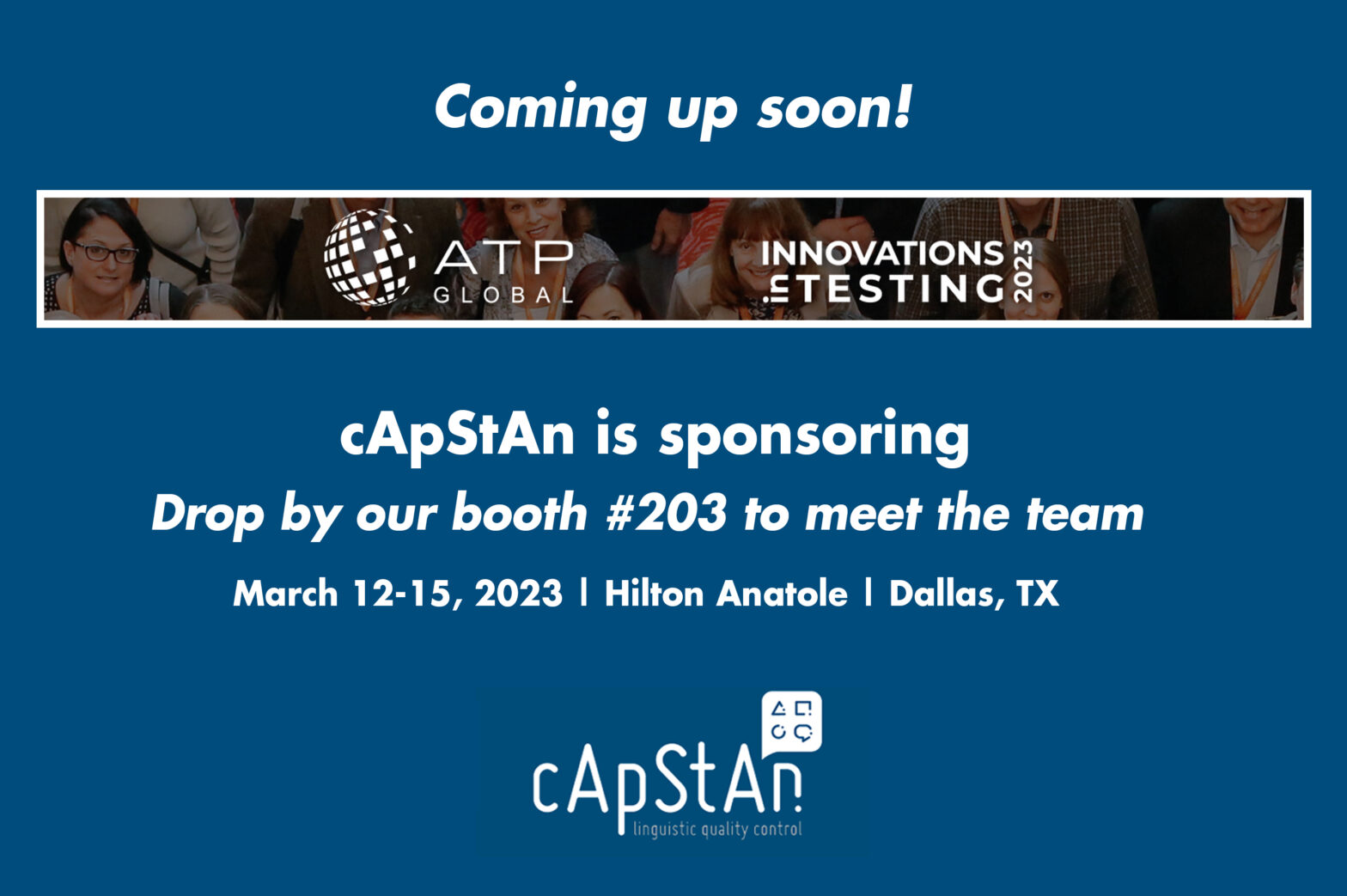
ATP Innovations in Testing 2023 Conference is almost here and we are excited to meet you in Dallas soon!
Testing in diverse contexts requires adapting items into multiple languages with a focus on cross-cultural equivalence. Testing organizations are increasingly motivated to bring their solutions to new audiences, new regions and new cultures. If this is of interest to you and you are attending this conference, please visit us at exhibit booth #203 for a chat with our …
Read More
A panel of experts at ATP 2023 will discuss key issues related to equity and fairness in tech-based assessments
The 2023 Association of Testing Publishers (ATP) Innovations in Testing conference will be held in-person on March 12-15 2023 in Dallas, Texas (USA). The assessment industry is evolving and testing professionals and assessment programs continue to adapt to new ways of learning and testing with the goal of improving outcome. The conference provides a unique …
Read More
cApStAn LQC joins the international credentialing and accreditation community at the EXG 2022
Last week, cApStAn co-founder Steve Dept attended the Institute for Credentialing Excellence (ICE) Exchange, held in Savannah, Georgia (USA), for the first time. The credentialing and accreditation community shows exemplary dedication to advancing and promoting best practices, which constantly evolve, he commented. Some of the hottest topics this year were undoubtedly fairness, diversity, equity and inclusion. Steve had …
“cApStAn LQC joins the international credentialing and accreditation community at the EXG 2022 “
Read More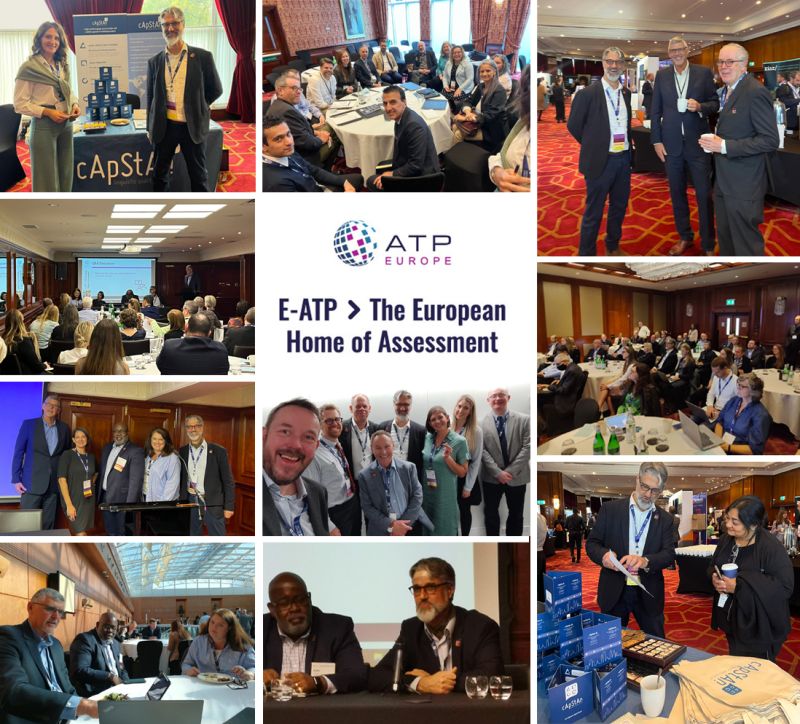
Successful edition of the 2022 European Conference of the Association of Test Publishers (ATP) has just drawn to a close
It’s a wrap ! A successful edition of the 2022 European Conference of the Association of Test Publishers (ATP) just drew to a close. Three days of intensive networking with experts from the assessment world. And, of course, attending sessions, round tables and panels to be aware of the pioneering breakthroughs in the industry. The closing keynote …
Read More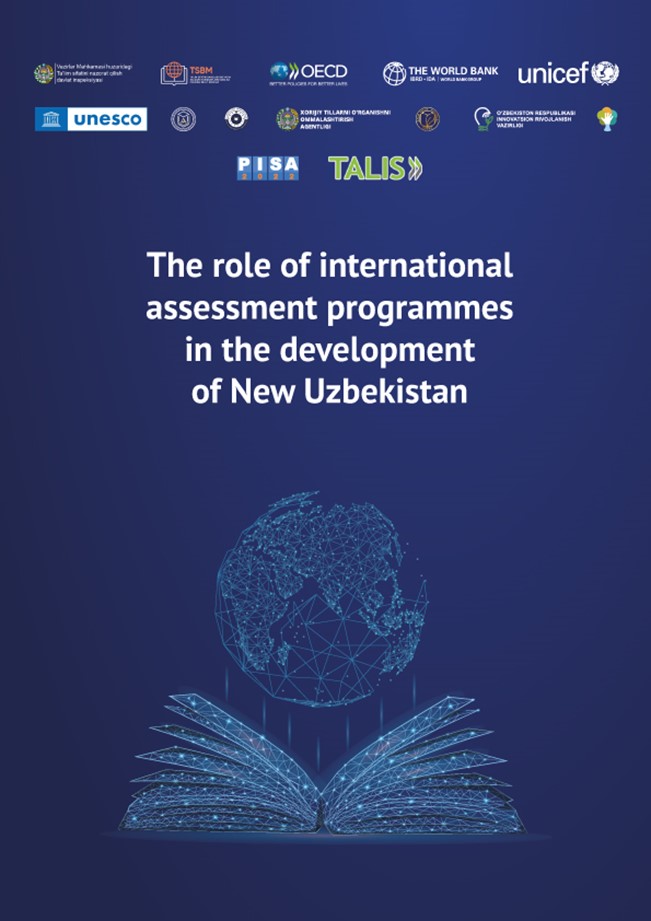
PISA 2022 LAUNCH EVENT in Tashkent, Uzbekistan, on 11-12 April 2022
The role of international assessment programmes in the development of New Uzbekistan In September 2021, Uzbekistan celebrated the 30th anniversary of its independence. If there is one Central Asian country that is determined to implement far-sighted reforms and achieve sustainable development goals, then it is Uzbekistan. The progress towards a free civil society with a …
“PISA 2022 LAUNCH EVENT in Tashkent, Uzbekistan, on 11-12 April 2022”
Read More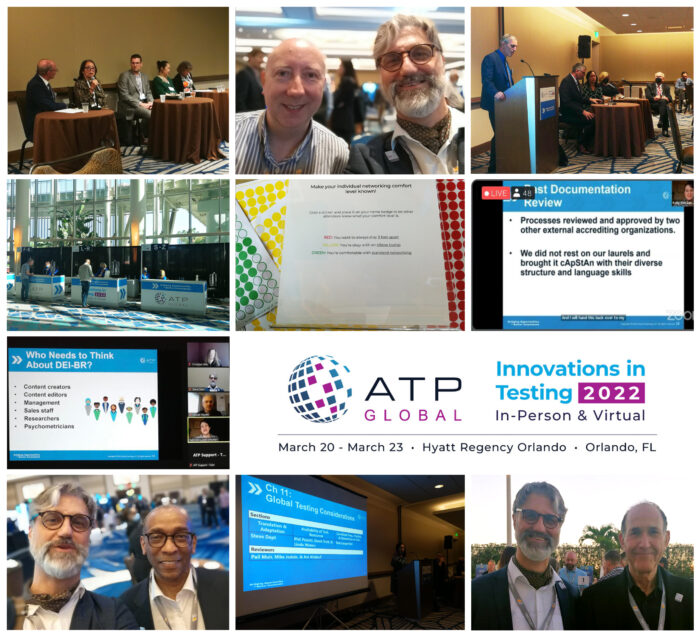
Great to be present on site at the ATP Innovations in Testing conference, the world’s leading event in the testing industry
by Pisana Ferrari – cApStAn Ambassador to the Global Village Steve Dept, cApStAn Founding Partner, and Musab Hayatli, Managing Director of the Philadelphia office, were thrilled to be in Orlando at this year’s ATP Innovations in Testing conference, the world’s leading event in the testing industry. The event had over 1,200 delegates combined between in-person …
Read More